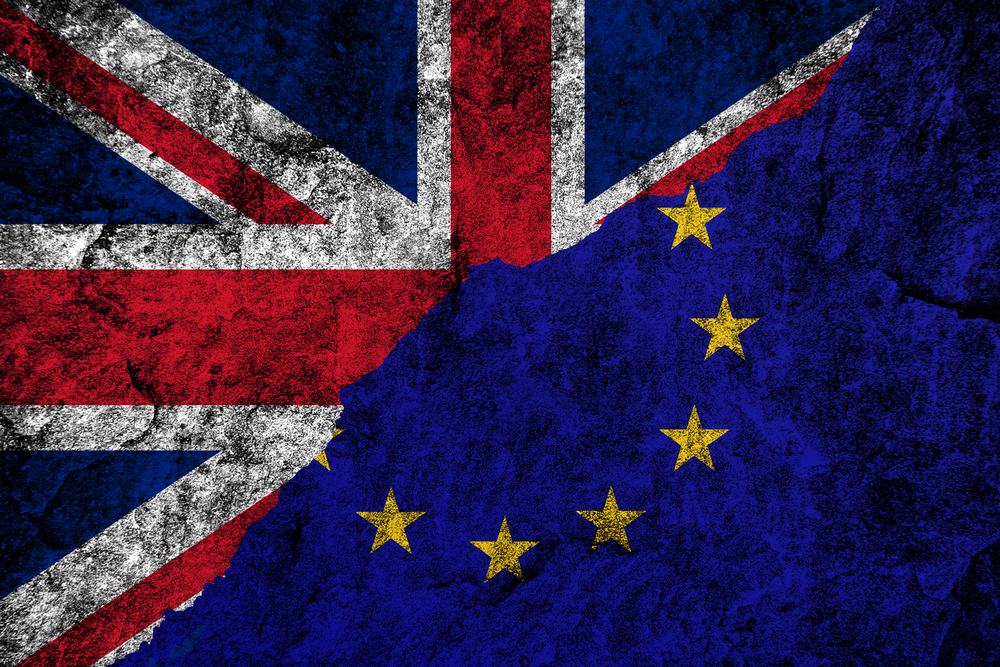

Analyst house Gartner has increased its global IT spending forecast for 2016 and predicts it will be flat this year. This is a change from its gloomy April forecast of a 0.5 decline because of currency fluctuations and economic uncertainty.
Instead, it has now predicted that worldwide IT spending will be flat in 2016, totalling $3.41 trillion (£2.6bn). Gartner aid this improvement is mostly down to “currency fluctuations.”
But it warned its prediction does not factor in the exit of the United Kingdom from the European Union, and said it would impact worldwide IT spending.
“The current Gartner Worldwide IT Spending Forecast assumes that the UK would not exit the European Union,” said John-David Lovelock, research vice president at Gartner. “With the UK’s exit, there will likely be an erosion in business confidence and price increases which will impact UK, Western Europe and worldwide IT spending.”
Gartner warned that while the “Brexit” process has yet to be defined, the “leave” vote will “quickly affect IT spending in the UK and in Europe while other changes will take longer.”
Gartner also highlighted the immediate dangers of Brexit to staffing. “The long-term uncertainty in work status will make the UK less attractive to new foreign workers,” it said. “Retaining current non-UK staff and having less access to qualified new hires from abroad will impair UK IT Departments.”
On the brighter side it predicts that new technology options will disrupt the established order and that IT spending will quickly grow again.
“2016 marked the start of an amazing dichotomy,” said Lovelock. “The pace of change in IT will never again be as slow as it is now, but global IT spending growth is best described as lackluster.”
Lovelock pointed out that 2016 is the year when business focus turns to digital business, the Internet of Things and even algorithmic business. But earlier this year Gartner warned that digital investments are proceeding slowly in governments around the world, in part due to skills shortages and organisational cultures focused on stability.
But looking ahead to the immediate year on a sector by sector basis, Gartner reckons that data centre spending will rise 2 percent to reach $174bn (£134bn) in 2016, thanks to strong spending in China and Western Europe, coupled with a refresh cycle in North America.
Enterprise software is predicted to experience the most growth (5.8 percent) to $332bn (£255bn) and CRM software is the fastest growing software segment.
There was bad news for smartphone and PC makers, with Gartner predicting that Devices will witness a 5.3 percent decline to $627bn (£482bn) by the end of 2016. It pointed to lacklustre economic issues surrounding Russia, Japan and Brazil which it thinks will hold back demand and worldwide PC recovery in 2016.
It also said that Windows 10 upgrades have further delayed PC purchasing, with consumers especially willing to use older PCs longer, once they are upgraded to Windows 10.
Spending within the IT services market will increase 3.7 percent to $898bn (£), with Japan acting a major growth driver here. Spending in the Communications services market meanwhile will fall 1.4 percent to $1.38 trillion (£1.06 trillion).
How much do you know about the cloud? Try our quiz!
More bad news for Google. Second time in less than a year that some part…
Federal office that tackled misinformation and disinformation from hostile nations is closed down, after criticism…
After Nvidia admits it will take $5.5 billion charge as Trump export limits of slower…
Trump continues to target his former CISA head, signing a new executive order targetting Chris…
Two Chinese retailers warn customers in America that prices will increase next week, as Trump's…
Engineer Cristina Balan wins latest round in her long-running defamation claim against Elon Musk's EV…